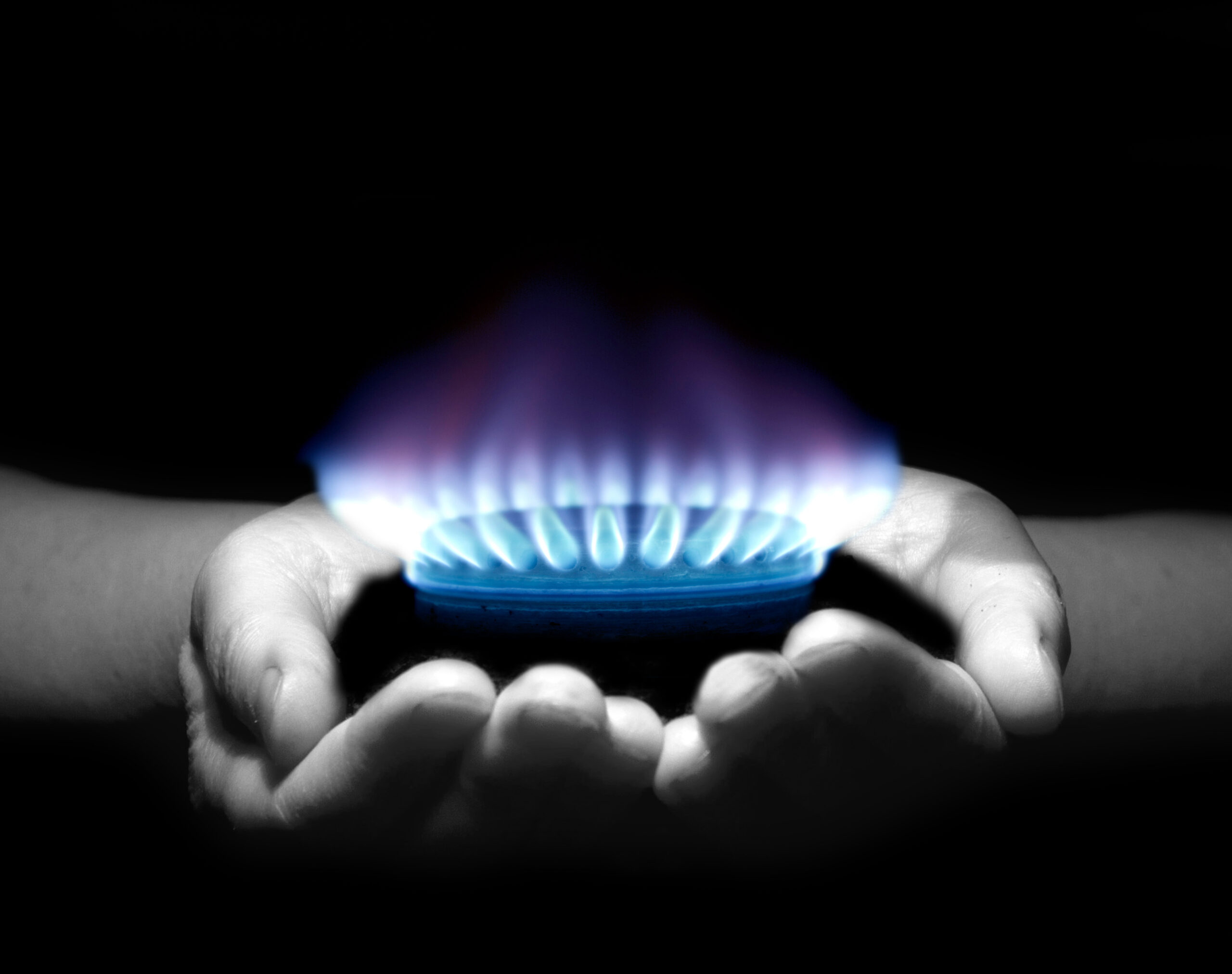In case of an emergency please call our office 24/7 at (559) 334-1415.
Safety FAQ
- NO FLAMES OR SPARKS. Immediately put out all smoking materials and other open flames. Do not operate lights, appliances, telephones, or cell phones.
- Flames or sparks from these sources can trigger an explosion or a fire.
- LEAVE THE AREA IMMEDIATELY. Get everyone out of the building or area where you suspect gas is leaking.
- SHUT OFF THE GAS. Turn off the main gas supply valve on your propane tank if it is safe to do so. To close the valve, turn it to the right (clockwise).
- REPORT THE LEAK. From a neighbor’s home or other nearby building away from the gas leak, call your propane retailer right away. If you can’t reach your propane retailer, call 911 or your local fire department.
- DO NOT RETURN TO THE BUILDING OR AREA until your propane retailer, emergency responder, or qualified service technician determines that it is safe to do so.
- GET YOUR SYSTEM CHECKED. Before you attempt to use any of your propane appliances, your propane retailer or a qualified service technician must check your entire system to ensure that it is leak-free.
In its natural state, propane gas is odorless. Companies that produce propane add a chemical called mercaptan to it to give it a distinct odor. Mercaptan is harmless, but it does make the gas smell like rotting eggs.
The smell of propane itself isn’t dangerous. Instead, the problem is in what the smell might indicate. If you smell rotting eggs or something like a skunk, it could mean you have a propane leak or that your propane system is malfunctioning in some way. Rather than being dangerous, you can think of the smell of propane as a warning sign that you need to vacate the area and call in a qualified technician.
Like other fuels, such as oil or natural gas, propane is perfectly safe for use as a home heating fuel. Propane itself is non-toxic, so it will not cause health issues.
Propane has several benefits when used to heat a home and for hot water. If you do not have access to a natural gas line, propane can be a suitable alternative fuel source. Propane also burns more efficiently than other fuels, so you end up using less of it.
Another advantage of propane is that if it leaks, it is released in gas form. You will not have to worry about cleaning up pools of liquified propane gas or about the gas leaving residue or stains on surfaces.
One of the disadvantages of propane gas is that you need to keep the tank filled. Unlike natural gas or electricity, which travel to your home from a central source and are not stored on your property, you are responsible for making sure you always have enough propane for fuel. Automatic delivery can help to keep your tank full at all times, though.
Another potential disadvantage of propane gas is that it is flammable, meaning you need to take certain precautions around it. For example, you need to know how to store portable propane tanks to reduce the risk of fire and should also know how to care for a larger tank installed


